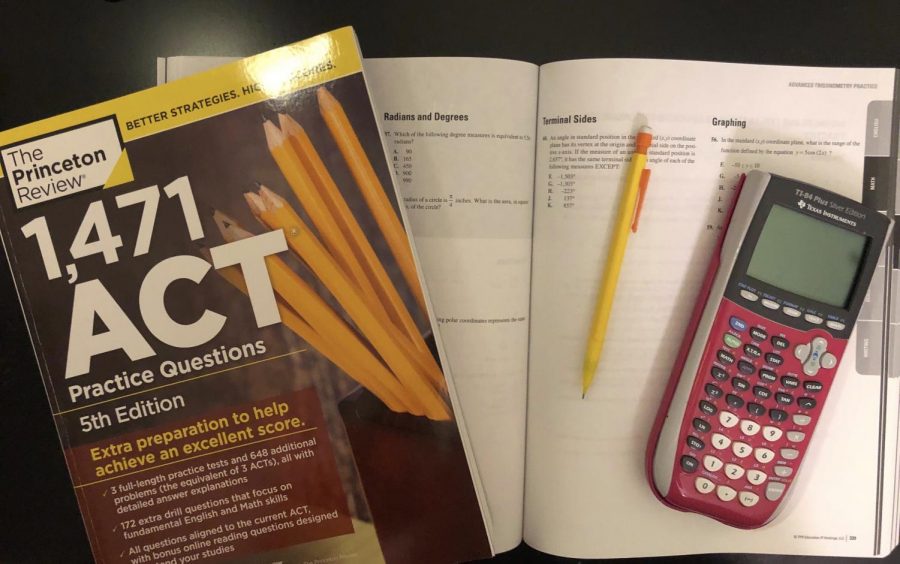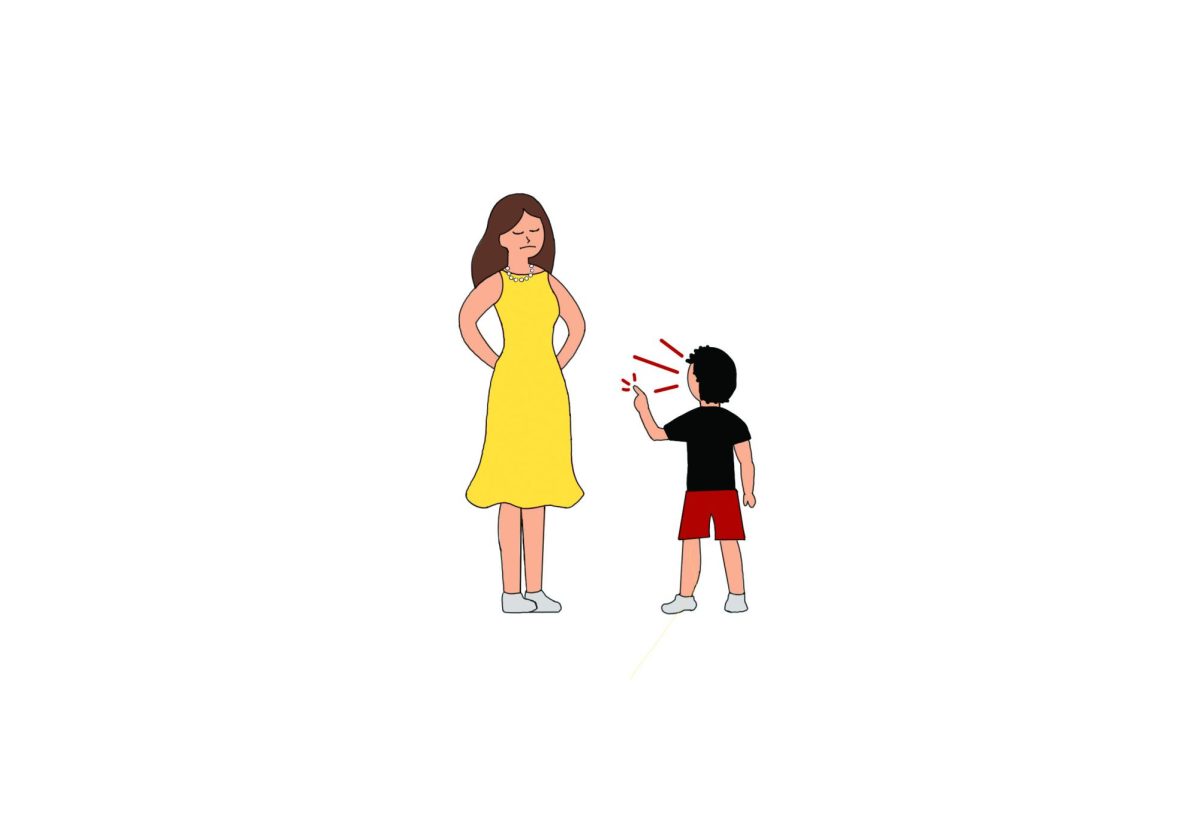Northwest’s reaction to using the ACT’s online format
Juniors who took advantage of the state’s opportunity for a free ACT test had some complaints about the district’s decision to use the online format of the standardized test.
Kansas is offering a free ACT for all juniors Feb. 26.
February 26, 2020
An online format was used for juniors taking the free ACT Tuesday, which was a decision made by the district. Last year when the opportunity arose for high school juniors to take the standardized test during the school day, the traditional paper format was used. This year, students were prepared by the administration to take the test on their school-issued laptops.
The Kansas State Legislature announced In August, 2018 that high school juniors would be able to take a free ACT during school in February of the 2018-19 school year. This practice was continued for the 2019-20 school year, however, the district decided to take the test on computers, instead of the traditional paper and scantron option.
“It was a district decision to go online since every student had a device and in theory without the paper and all that it was easier in terms of logistically to get everybody going,” associate principal Tyler Alexander said.
Juniors arrived at 7:45 this morning, whereas the rest of the school arrived on a late arrival schedule at 9:00 a.m. Test takers quickly were faced with the inconvenience of computer issues.
“I didn’t like how in the beginning, we had at least an hour of computer issues. My computer wasn’t working [nor were] others”, junior Armina Raheel said. Other students called the technology issues a “hassle” or “distracting.” But, from the administration’s standpoint, the technology issues did not have a significant impact.
“I would say once everyone got logged on and started taking the test it was really simple. We had very few issues. Most of the issues were more just software related and trying to get past some of the small hiccups here and there, but we were about 20 minutes later probably in terms of starting,” Dr. Alexander said.
Students voiced other concerns about taking the standardized test on a computer instead of paper.
“I feel like it was a lot less productive,” Raheel said. “It took more time because every time you click, it would load the next question. So like, if you got lost and you want to go back to something you’d have to click back and it would take like 30 seconds sometimes.”
Other juniors were not thrilled with it being their first time taking the standardized test in a different format than the paper version.
“I didn’t really like it online, just because it’s the first time taking it online with no previous experience and they just kinda like sprung it on us,” Vedha Penmetcha said. “It was kind of hard to see where to use the tips and tricks that I usually use for the ACT.”
Penmetcha also recognized some positives about this new testing format.
“There were certain things I did like, like the highlighting of the text and [you could see] the time, so you could pace yourself,” Penmetcha said.
In spite of these positives, there was mixed review on whether scores would be affected.
“I work a lot better on paper, I always have,” Raheel said. “Especially English, I like being able to like highlight things on my own and flip back through pages and in math you have to look up at the screen and then copy it down, whereas before it’s just on there.”
“I don’t think it would really affect it that much, because the content was more or less the same,” Nayyir Ahmed said.
The scores will not be released for about 3-8 weeks according to act.org, so it is unknown if the new testing format on computers truly improved the juniors’ test taking experience, but the administration said they were pleased with the day’s proceedings.
“Of every student who was here to take the test, all but one completed it, so overall it was successful,” Alexander said.











